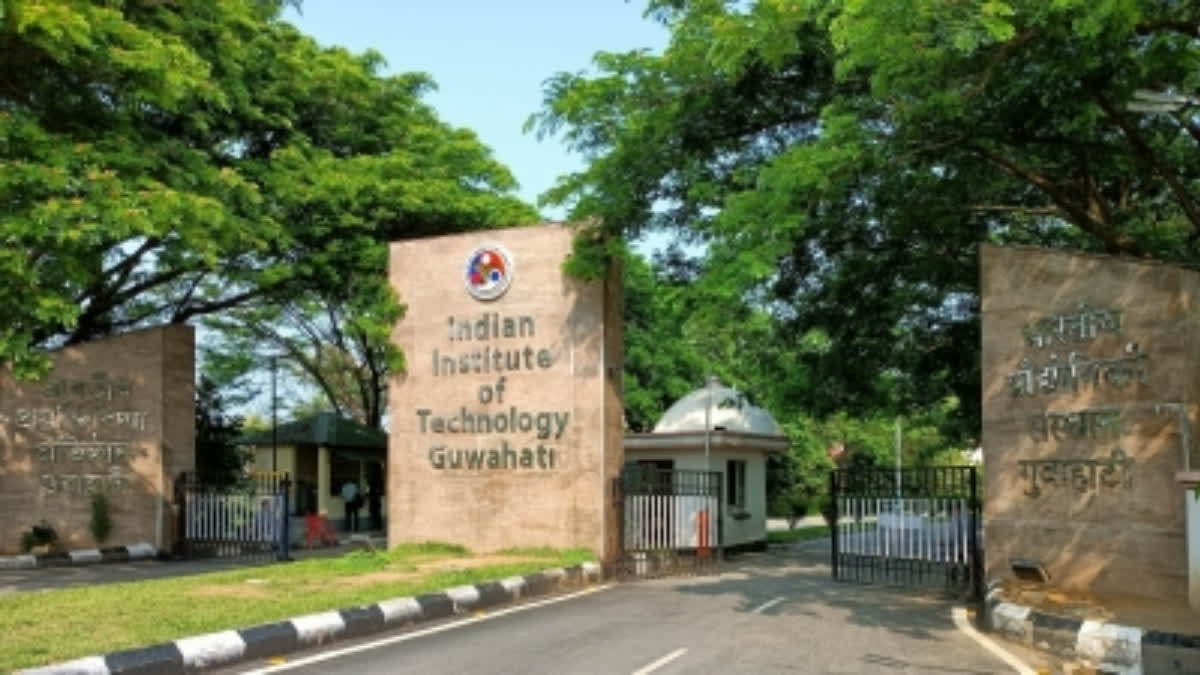Guwahati (Assam): Natural clays present a promising solution to the increasing challenge of managing pathogenic waste post-Covid-19 pandemic, according to a study led by researchers at the Indian Institute of Technology (IIT) Guwahati. The study, published in the prestigious American Chemical Society journal Langmuir, suggests a dedicated biomedical waste disposal facility containing compacted bentonite/kaolin clays as liners or encapsulating the viral waste with these compacted clays in a sealed container and disposing it in the municipal solid waste landfills.
Biomedical waste that contains viruses poses significant risks to human health, food safety, animal health, and the environment. The recent Covid pandemic created an emergency and produced a huge quantity of potentially virulent waste from the hospitals and isolation facilities. The Covid waste was treated similar to the municipal solid waste during this pandemic and was disposed off in the existing landfills.
However, the geosynthetic landfill liners become ineffective in the presence of landfill leachate containing high-concentration salt solutions thereby the infectious viral pathogen waste can then easily escape from such facilities to potentially cause secondary infections in humans. Thus, highlighting the urgent need for proper management and safe disposal protocols.
"We wanted to understand the fate of viruses in the presence of compacted clays like bentonite and kaolin that contain various surface charge densities. We measured specific parameters like the equilibrium sorption parameters, diffusion coefficient and retardation factor of the virus in the compacted clays for the first time. These measurements showed 99.6 per cent reduction of viral contamination and very low diffusion rates," said Prof. T.V. Bharat, Dept. of Civil Engineering, IIT Guwahati, in a statement.
